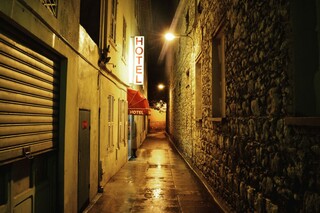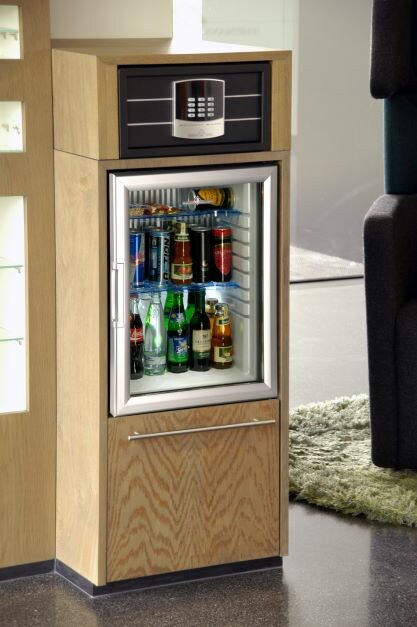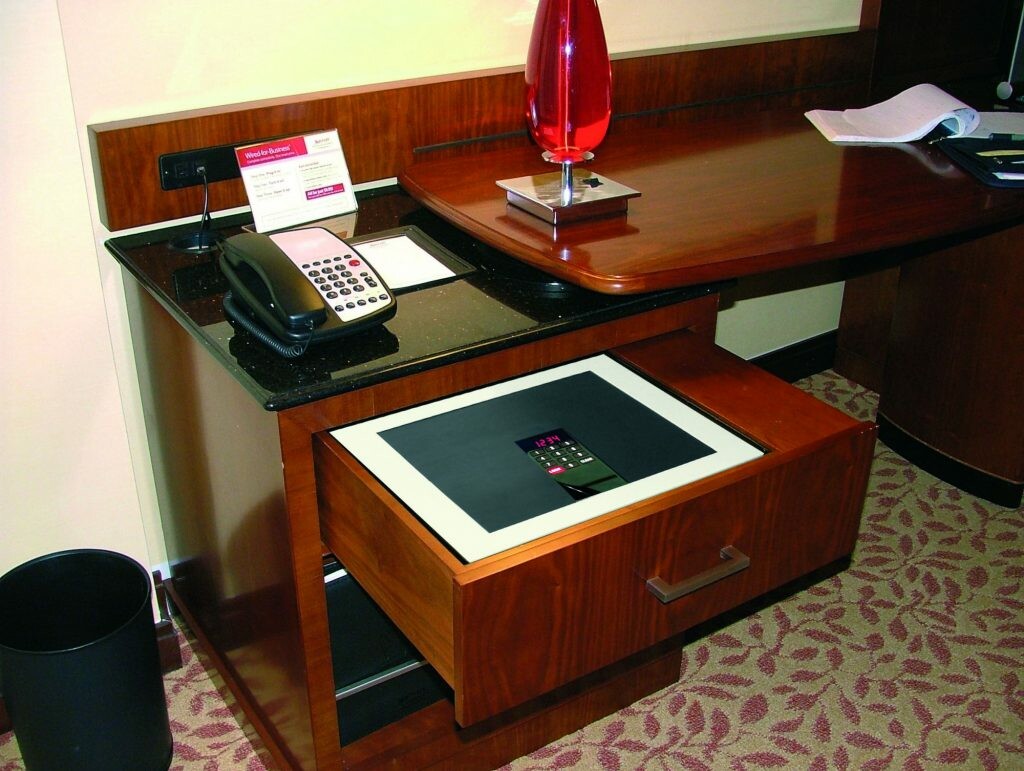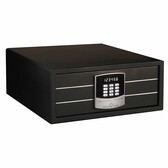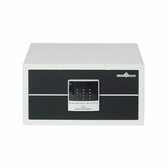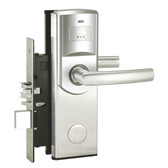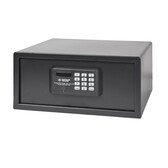An entrepreneur who provides hotel services is liable for items brought in and left behind by guests. This applies both to stolen, damaged and lost items, and financial losses can be up to 100 times the price of accommodation. It is therefore worth knowing your responsibilities and taking care of the appropriate safeguards.
The hotel owner and their responsibilities
In many cases it happens that hoteliers protect themselves by posting a notice at the reception desk stating that the hotel is not responsible for items that have not been deposited in the safe. In light of the law, however, such a notice does not release the hotel from its obligation to pay compensation in the event of theft or loss of items brought in by guests. This is regulated by the Civil Code.
What are considered as brought in items? This is a broad category that includes luggage and all of the guest's equipment that is in the hotel room, in the place designated for its storage or has been handed over to the staff. Liability begins at the moment the guest enters the hotel with the items in question or hands them over to an employee, such as a baggage handler.
Luggage stolen from a locker
In practice, this right applies even before the start of the overnight stay. For example, if the guest arrives early and leaves his or her luggage in a designated locker until collection of the keys. The same applies if, after check-out, the guest waits, for example, for transport in the waiting room. However, it is worth securing a storage agreement in case the customer sends his/her belongings a few days before the stay or does not collect them for a longer period of time. This will prevent compensation from being paid in similar situations.
How much do I have to pay?
However, the hotel does not always have to pay the equivalent of the stolen, damaged or lost guests' belongings. The law limits the amount of such liability. In the case of one guest, the limit is 100 times the amount due for one night. In the case of one item, the limit is 50 times this amount. Depending on the price list, the compensation will therefore vary. For example, if you have to pay EUR 460 per night in an accommodation facility, the maximum liability per guest will be EUR 46 000 and EUR 23 000 per item. If a customer stays in a multi-bedded room, the price of accommodation should be divided by the number of people using it.
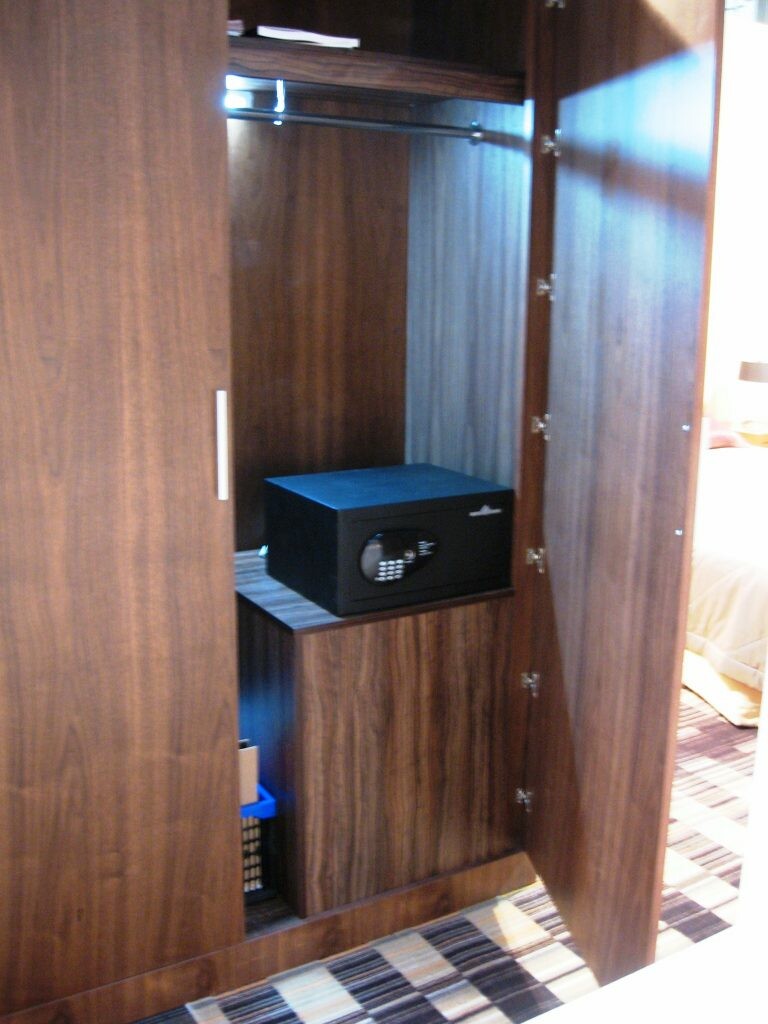
Cheap hostels will not always pay
Considering the above calculations, it should be noted that not every hotelier will pay their customers the equivalent of their losses. If a three-person room costs PLN 120 per night, and a watch worth PLN 2,500 is stolen from one of the guests staying in it, the owner will be obliged to cover the costs of PLN 2,000.
A safe in the room limits the amount of damages
At this point, it is also worth mentioning that a safe in a hotel room limits the liability of the hotel owner as regards payment of compensation for stolen or damaged items that the guest has not placed in the designated place. Therefore, customers should always be informed about the possibility and benefits of using this security feature.
